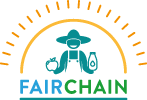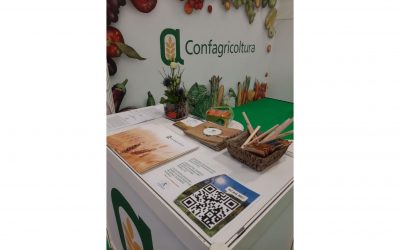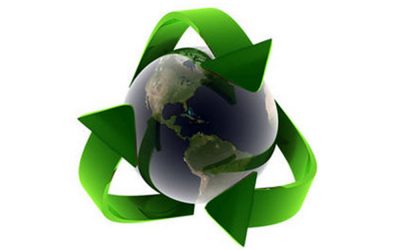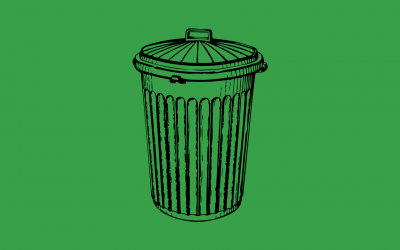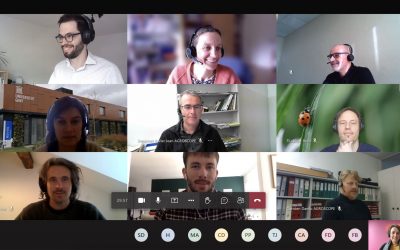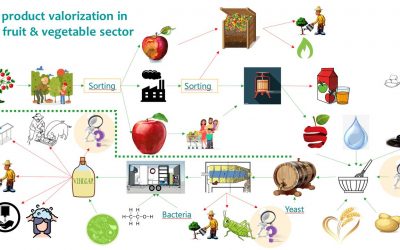Co-product valorisation and generation of additional added value for SMEs and regional stakeholders
Switzerland – led by DSS Sustainable Solutions
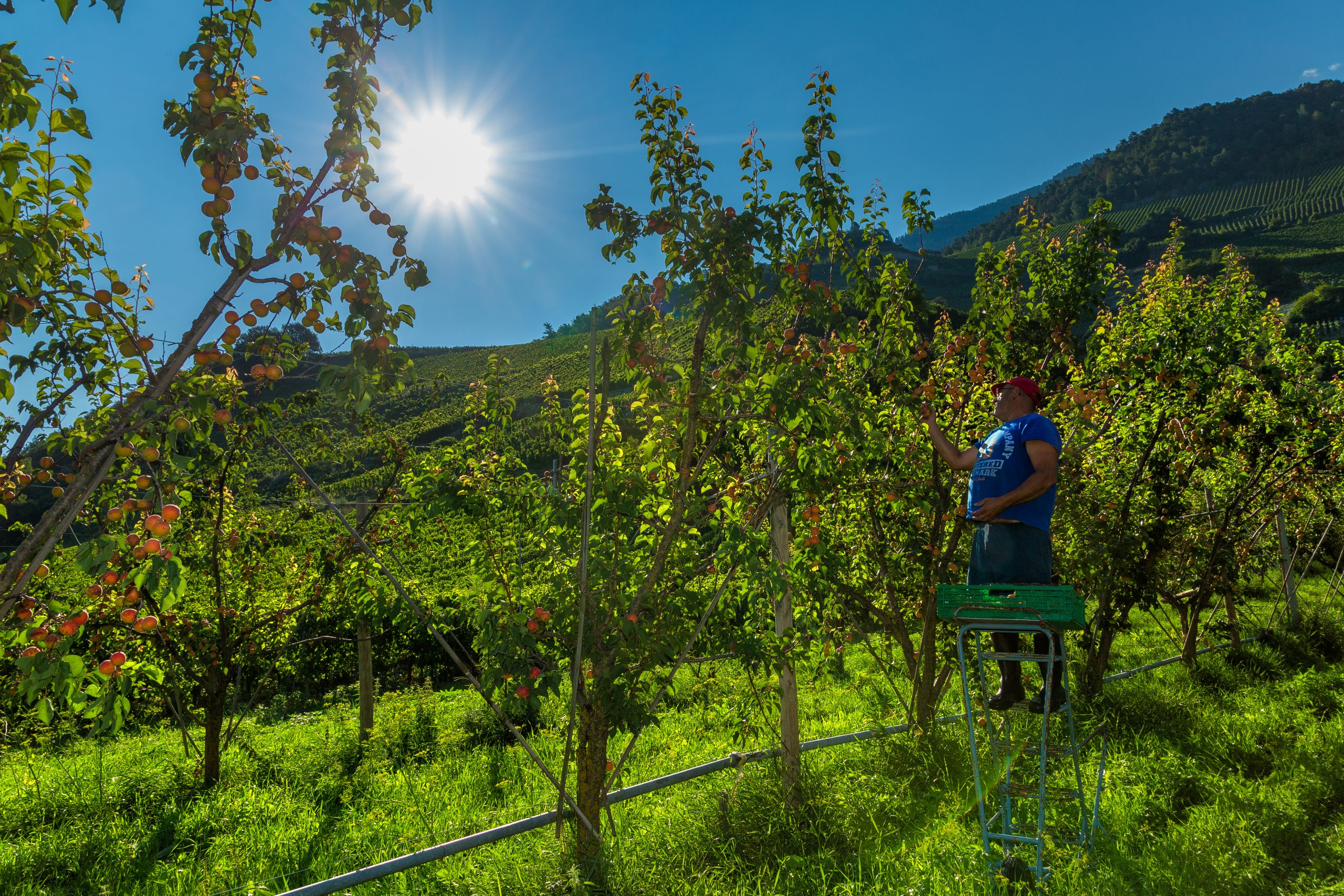
Current situation requiring improvements
- In the current setting, management of co-products generates costs.
- More specifically, apple pomaces remain underexploited and pits are not valorised in a local and fully transparent manner.
Main activities in FAIRCHAIN
- Production of an alternative cleaning agent via biofermentation of co-products that are unfit for consumption, for innovative cleaning applications with bio-preservation effects and possibly alternative feed or crop protection applications.
- Assess potential and interest for a regional scale pyrolysis-based innovative business model to valorise co-products like fruit pits, with potentially equipment sharing or mobile workshop able to work out the co-products close to the producers and/or the users. Define accordingly a regional proof of concept.
- Explore the potential for various positive externalities, like lowered ecological footprint, improved food security, increased added value generated per unit of fruits sold, or improved links between farmers and processors. This requires some process improvements and deeper knowledge of business models to reach a successful demonstration within the project.
Practice abstracts
Publications
- S. Le Féon et al. Life cycle assessment of a small-scale and low-input organic apple value chain including fresh fruit, juice and applesauce, Cleaner Environmental Systems, Volume 11, 2023, 100141, ISSN 2666-7894, https://doi.org/10.1016/j.cesys.2023.100141.
- Samuel Le Féon, Thierry Benezech, Gwenola Yannou-Le Bris, Joël Aubin, Imca Sampers, Damien Herreman, Caroline Pénicaud, 2023, Datasets for the environmental assessment of an apple value chain including fresh fruits, juice and applesauce from an organic low-input production farm, Data in Brief, Volume 51, 109824, ISSN 2352-3409, https://doi.org/10.1016/j.dib.2023.109824
Podcast
The podcast is in French. Automatic translation is available via YouTube.
Progress to date:
vinegar from co-products
- Currently, apple pomaces are directly bio-digested. Making vinegar from apple pomaces can enhance circular economy and relationships between processors and farmers as the vinegar can be valorized for detergency and/or bio-stimulating applications, while the left-over continues to be bio-digested.
- Three applications have been identified for the use of vinegar produced from apple pomace combined with local molasses: crop protection and stimulation, detergent, or animal feed. If this last application will probably be left aside for lack of scientific evidence of its impact, the two others are promising. Tests are underway and first results are expected for spring 2023.
- Crop protection: Three tests are underway, in collaboration with Agroscope, for developing a “phytocament”, i.e., a plant medicine for crop protection and/or stimulation. The first test concerns arboriculture, as vinegar would stimulate the growth of leaves in the beginning of the season. The second treats contaminated seeds with the use of a vinegar bath – this procedure has no negative impact on germination. The third uses vinegar to combat bacterial and fungal diseases, such as tomato speck or fire blight and was proven effective in vitro – there is no suitable target for in vivo testing, indeed, for one of the diseases, arboriculturists must cut the diseased trees.
- Detergent: Vinegar could be an effective cleaner for food production facilities. Tests with acetic acid show that it could partially replace industrial detergents. Given that FAIRCHAIN vinegar has lower acetic acid content, efficiency of the latter still needs to be confirmed, as well as possible combined effects due to its composition.
Progress to date:
Pyrolysis & Biochar
- Biochar is the lightweight black residue remaining after the pyrolysis of biomass. It is a stable solid that is rich in carbon and ash and can endure in soil for thousands of years. Biochar offers multiple soil health benefits:
- it creates a sponge effect to retain water and water-soluble nutrients;
- it is the habitat for beneficial soil micro-organism;
- it supports regenerative agriculture to restore soil quality;
- it is recognized as a Negative Emission Technology since the IPCC 2018.
- Using a mixed qualitative and quantitative approach, FAIRCHAIN partners approached biochar users (farmers) and producers to assess the relevance of a biochar business case using local biomass (apricot pits, other local woody co-products) in the agricultural sector of Wallis, where there’s a potential to produce 4000 tons of biochar and to capture the equivalent of 10653 tons of CO2eq.
- Preliminary results show that the business model could be particulatly relevant in conditions of water stress and/or intensive fertiliser management. Also, the CO2 potential of the apricot value chain is interesting and could be even higher if we were to consider more wood-like feedstock (ex: vineyards pruning, Christmas trees…).
- Although farmers currently don’t perceive the benefits of the solution, we see a different perception between farmers and the State as climate change will influence sector policy. The interaction with food companies suggest that biochar alone is not interesting enough to invest, but that the heat stream of pyrolysis is.
- The FAIRCHAIN partners will continue to study biochar’s benefits in terms of water retention, potential for reducing fertiliser input, and effects on soil restauration and look for other crops with strong need in water and fertiliser (wine, strawberry).
Case study update: Fruit co-products as additional value for regional stakeholders
European fruit chains can increase the value they create from their co-products, like apple pomace or apricot pits. These are underexploited and could be locally valorized according to the full principles of circular economy! In Wallis, south Switzerland, FAIRCHAIN...
The May 2023 issue of the FAIRCHAIN newsletter has been published!
The latest issue of the FAIRCHAIN newsletter provides a general progress update more than halfway into the project and reports on exciting developments from the French and Swiss case studies. You will also find information about training opportunities and...
FAIRCHAIN participates in FRUIT LOGISTICA
FAIRCHAIN participated in the FRUIT LOGISTICA fair, which took place in Berlin from 8 to 10 February. It is one of the biggest fairs in Europe that covers every sector of the fresh produce business and provides a complete picture of the latest innovations in the...
Case study update: Life Cycle Assessment for co-product valorisation
By: Kavitha Shanmugam, RISE and Anne Verniquet, dss The Swiss case study aims to analyze co-product valorisation and generation of enriched added value for SMEs. This is done via two sub-cases within the Biofruits value chain: Developing a new alternative cleaning...
Focus on food waste
Fruits and vegetables and roots and tubers are the most common food to be wasted, 45% of them become waste According to the FAO, global food waste represents a third of total food produced for consumption, ~1.6 billion tons per year, at a cost of € 730 million/year....
Swiss case study implementation workshop
Various experts of the agri-food sector gathered in the Implementation workshop of FAIRCHAIN's Swiss case study. They discussed the risks and opportunities in using vinegar made of apple by-products as detergent for fruits or industrial equipment, or as « phytocament...
Co-creation workshop for the Swiss case study
The first co-creation Workshop of the Swiss case study took place today! More than 30 participants discussed about how to generate new value propositions for SMEs and other regional food chain actors through improved valorisation of co-products.The main topics...
